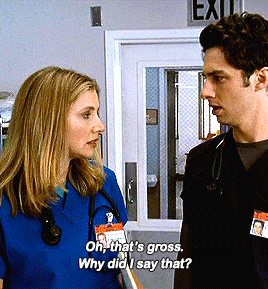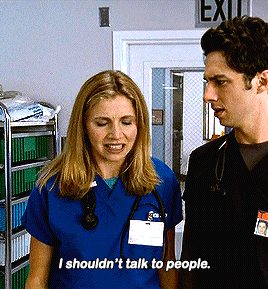Text

I went a little bit crazy during Eurovision week
11 notes
·
View notes
Text


can't stop staring at these pics… he should wear eyeliner more often 😩
52 notes
·
View notes
Text

he would like to know if you want to play with him and his rainbow ribbon
166 notes
·
View notes
Text





TAUTUMEITAS performing 'Bur Man Laimi' at the 2025 Eurovision Song Contest
233 notes
·
View notes
Text
I think politics will always impact on Eurovision. While fans keep talking about artists, not countries, average viewers vote for their contries/nations/identities and other. We have nothing to do with that. But what EBU can do is to limit viewer's voting. 20 times, who ever needs to vote that much? EBU says like esc is a family show so each family member can vote for their favorite, but c'mon kids have phones nowadays, in my bank kids can have their own debit card that is connected to the parent's banking. The real reason is money.
For example, each member of jury's team makes their own top and than it converts to the 12-points system. Juries can't choose just one country and give it all of their points, so that's fair (well it's trying to be so).
Other thing is that this year's second place got viewers' 12 points from countries where you don't need passport to get a phone number. That makes us questioning............. Cheaters gonna cheat.
But if we could vote only once for one country, maybe it would fight against divide between overhyped favorites and other songs. My this year's favorite is France, so I voted for it once. That doesn't mean that I don't like it as much to vote 20 times. It means that i think it is fair to give it (and my other 3 favorites) just one vote and nothing to other. I'm the only one person and if I can't vote by making top, I can cheer my very special favorites for one time only.
There are a lot of thing that EBU can't fight with such as politics and diasporas, but the voting system is under their control so it's their job to make it fair and clear.
I think a lot of people legitimately don't know how voting works, as far as it pertains to Eurovision in general and Israel's second place specifically.
You can cast as many as 20 votes, and you can vote anyone as much as you want as long as they aren't your own country's representative. I for example cast 15 votos for one country and five for another. And there were 26 countries in this year's final.
And, obviously, a lot of the voting is political and not actually about the music. That's why Greece always wins the Cypriot jury vote. Or why Ukraine won in 2022.
So, looking specifically at what happened. Imagine you are pro-israel (or anti-anti-Israel, or an online troll, etc...), what are you going to do? You are going to give some or all of your votes to Israel.
Now imagine you are pro-Palestine (or anti-Israel, pro-hamas, or you actually only care about the songs, etc...) then... You can vote anyone in any possible combination of twenty votes spread across Israel and 25 other countries. Because there's no artist that represents the anti-Israel stance.
That means, in essence, that the percentage of voters who want Israel to win will have an outsized impact, because they are one of the few unified voting blocks. The same thing happens with Ukraine. If you support Ukraine, you can just vote for Ukraine. But if you don't, well you can't vote for Russia anymore, so you once again are free to pick from among 25 different options.
The ESC's system favours politically targeted voting from people willing to spend most or all their 20 votes in a single option.
If you want, you can argue that this system is unfairly advantageous to politically polarizing participants. And that's very true. But also pretty much impossible to fix.
What isn't true is the idea that Israel rigged this by hacking the votes (of which there is no proof). Or that Israel's publicity campaign was unfair, because all countries are allowed to do that.
171 notes
·
View notes


























